With a wide range of subjects, intense competition, and a wealth of study materials, NEET preparation can be overwhelming. Success in NEET is not just about determination and hard work but also requires strategic training and the right resources.
While reference guides, textbooks, and coaching guides are necessary, NEET previous year question papers are indispensable. They are not just another study tool but a practical resource that provides valuable insights into the NEET exam.
They offer a crucial link between theoretical understanding and exam performance, revealing the format, difficulty level, and question patterns likely to be encountered in the NEET exam.
In this thorough guide, we’ll discuss the significance of the previous year’s question papers, ways you can use them effectively, and how they can help you achieve NEET success.
Why NEET Previous Year Question Papers Crucial for Exam Preparation?
1. Understanding the Exam Pattern
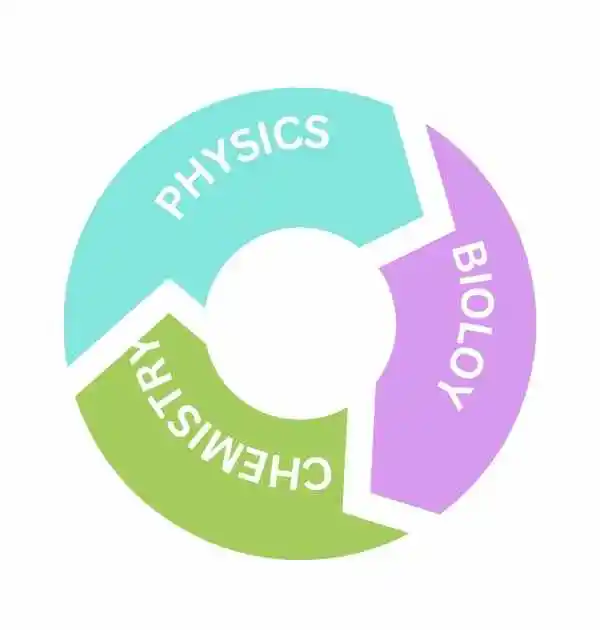
Although the NEET official guidelines give an overview of the format, the real eye-opener for aspirants is the experience from solving the previous year’s question paper.
This method not only helps students familiarize themselves with the format of the questions but also provides insight into the significance of every subject.
A clear understanding can assist you in organizing your studying routine.
2. Identifying Frequently Asked Topics
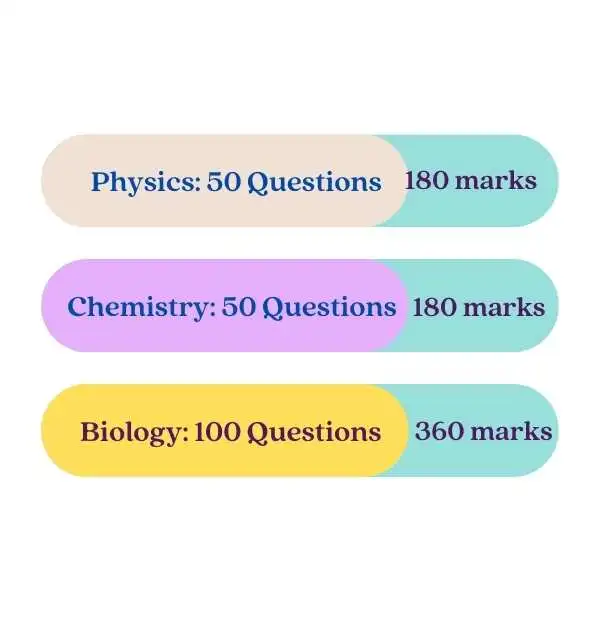
Pursuing high-yielding subjects is the way to go instead of the long method. You can pinpoint the most crucial areas by resolving past exam questions and analyzing them.
This will help increase the understanding of concepts more likely to be tested and have the highest chance of appearing on the exam.
Concentrating your efforts on these crucial areas of NEET has positive effects on your exam preparation and will assure you that you’re on the right path, increasing your odds of passing NEET.
3. Improving Time Management Skills
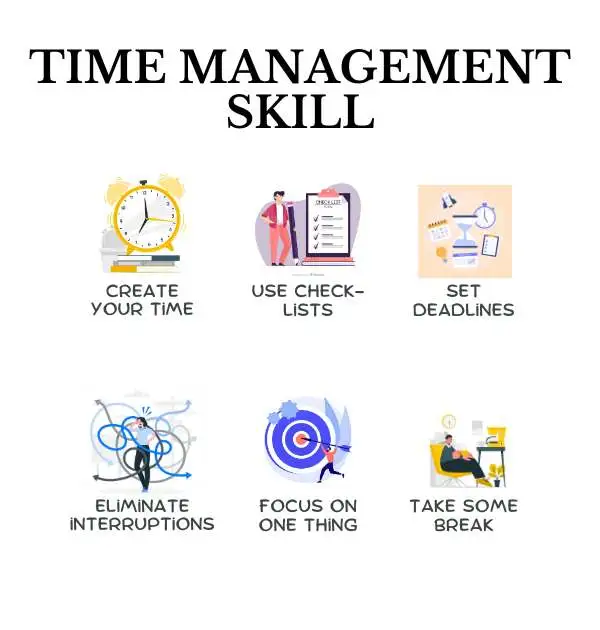
Effective time management plays a crucial role in achieving success. Practising with past year papers while adhering to strict time limits greatly benefits students. By solving previous papers, students gain the power to recognize the topics or types of questions that tend to consume a lot of time.
This insight empowers them to devise strategies to tackle these areas more efficiently. This method pinpoints areas that need extra effort and allows students to use their time more effectively, increasing speed in the weaker sections and maintaining accuracy, thereby boosting their productivity and success.
4. Self Assessment
Solving NEET previous question papers will help students get a realistic evaluation of their knowledge of each subject. This allows students to focus on the subjects covered and areas requiring additional revision or clarity.
By analyzing their strengths and weaknesses, students can eliminate the chance of confusion and committing mistakes during exams. More importantly, self-assessment is the key to continuous improvement, motivating students to ensure steady progress.
5. Boosting Confidence with PYQ
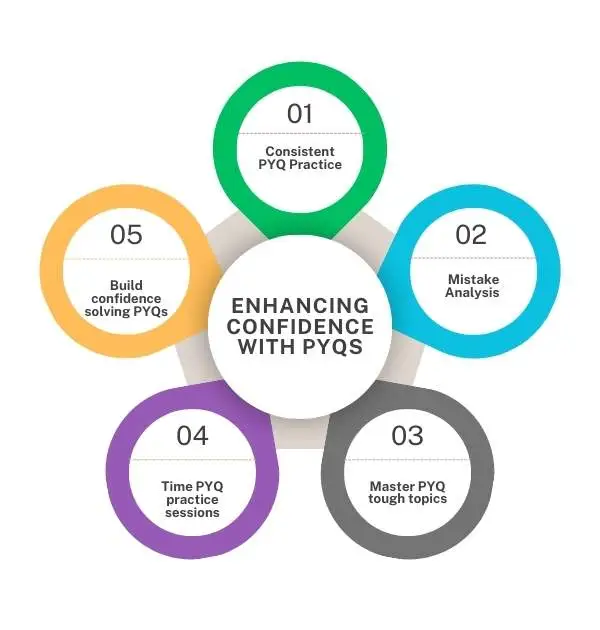
Examining previous year’s question papers is among the most efficient ways to increase your confidence in NEET. By providing a realistic exam model, highlighting candidates’ strengths, and allowing them to improve upon mistakes, previous year’s question papers help students prepare for the rigours of the actual exam.
Confidence isn’t something that happens overnight. It’s developed by consistent effort, constant training, and, most importantly, self-belief. As each paper is completed, candidates gain self-confidence to face the exam.
Regularly practising past exams, with a strong belief in your abilities, ensures that you enter the examination hall feeling empowered and in control of your success.
How to Use neet previous year question papers
Candidates should follow a systematic strategy to benefit most from the previous year’s exams. Here are some guidelines to make the most of these papers:
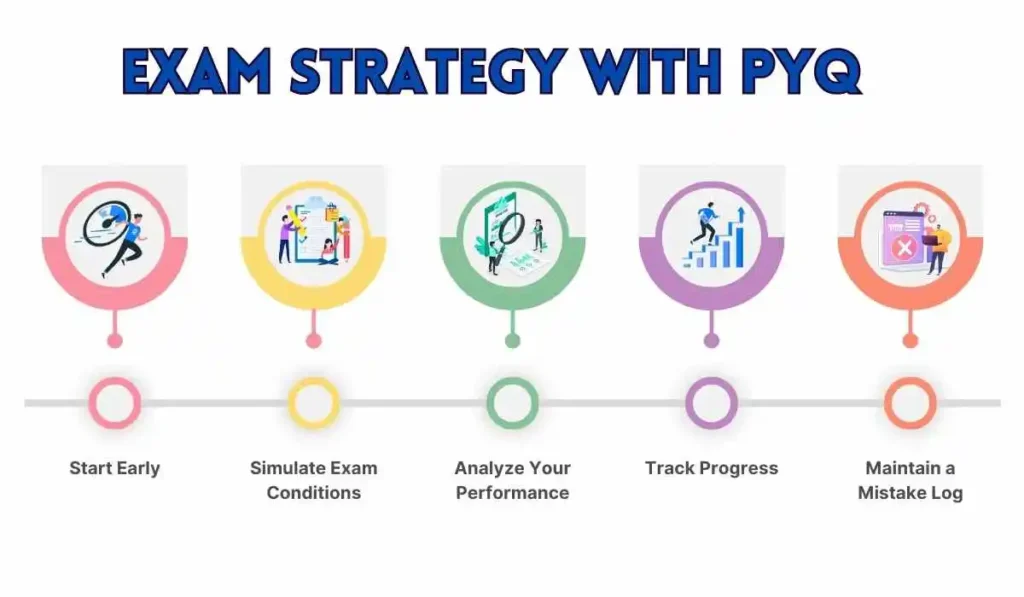
(a) Start Early:
Commence your work on past year’s papers well before the final test date. This early practice will afford you ample time for analysis, error resolution, and revisiting weak areas, empowering you to take control of your preparation.
(b) Simulate Exam Conditions
Try to solve the paper in a real exam scenario. Use a timer to set a 3-hour time limit and ensure you work with full determination; also, go for a quiet spot with no distractions.
Make sure you do not check answers in the middle of the exam.
(c) Analyze Your Performance
When you have completed your paper, take the time to review the paper. Pay attention to your mistakes and questions you skipped. Highlight areas in which you are struggling and need additional practice. Examine the time-consuming questions.
(d) Track Progress
Try to solve one or two of the past year’s papers each week and keep track of your score. Examine patterns in your performance, and strive to make steady improvements.
(e) Maintain a Mistake Log
Make a note of all the mistakes you make. This self-review and error-tracking practice instill a sense of responsibility and accountability, helping you learn from your mistakes and avoid repeating them.
Common Myths About NEET Previous Year Papers
Despite their resounding significance, there are several myths surrounding the usage of old questions. Let’s dispel these myths:
Myth 1: “Previous years’ question papers only covered outdated topics.”
Fact: Despite the ever-evolving NEET syllabus, the core concepts remain constant. Practising past papers reinforces these fundamental areas and provides a solid foundation for success.
Myth 2: “Solving PYQ papers is enough to crack NEET.”
Fact: While past papers are a valuable resource, a solid conceptual understanding of the principles and revising them through mock tests and textbooks is paramount.
Myth 3: “Repeated questions are common in NEET.”
Fact: While NEET rarely repeats the same questions, it often presents similar styles, formats, and concepts. Practising with past papers will familiarize you with these common patterns, boosting your confidence on exam day.
Conclusion:
The importance of the previous year’s exam papers in NEET preparation cannot be overstated. They provide a real-time glimpse into the test, aiding students in comprehending the exam pattern and recognizing high-yield subjects.
This recognition helps students prioritize their study material, thereby enhancing their time efficiency. When combined with regular practice, a clear understanding of the concepts, and a solid study plan, the past papers can open the way for NEET success.
Remember that passing NEET isn’t just about hard work; it’s also about unwavering focus. Concentration is key to understanding and applying concepts effectively in the exam.







